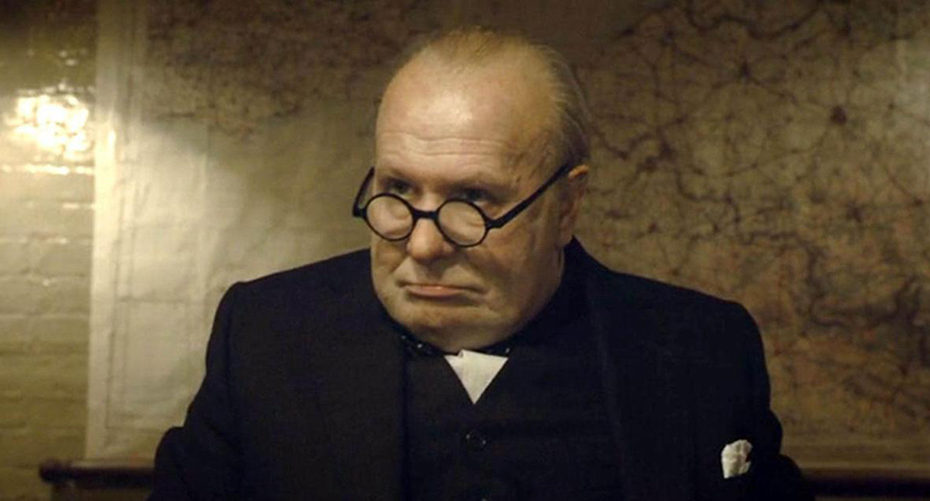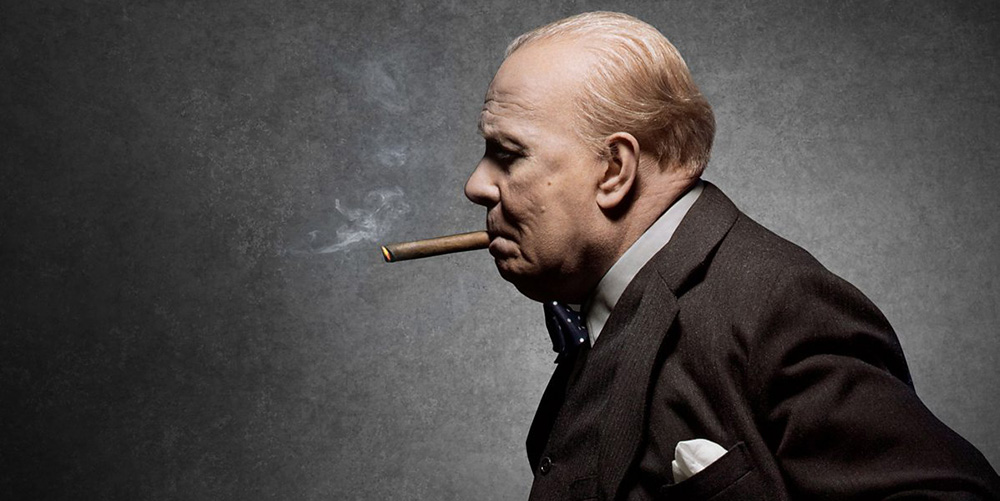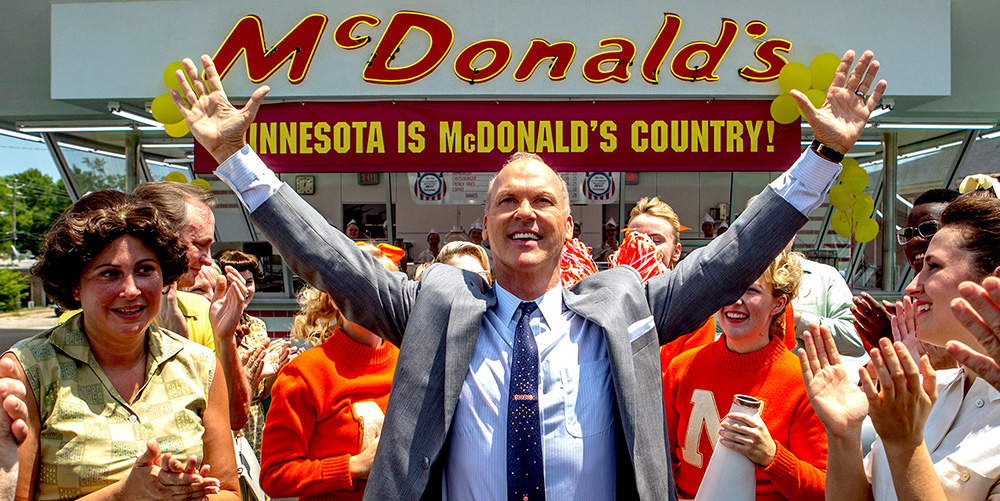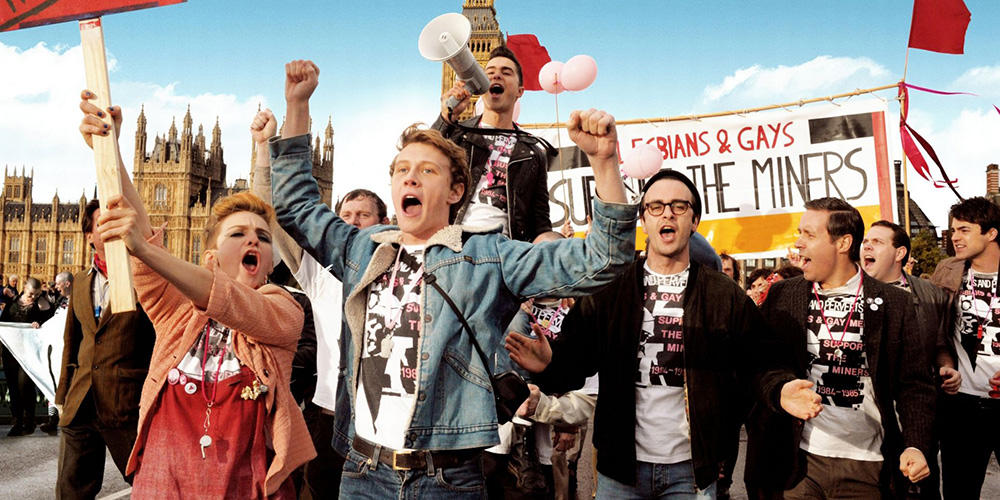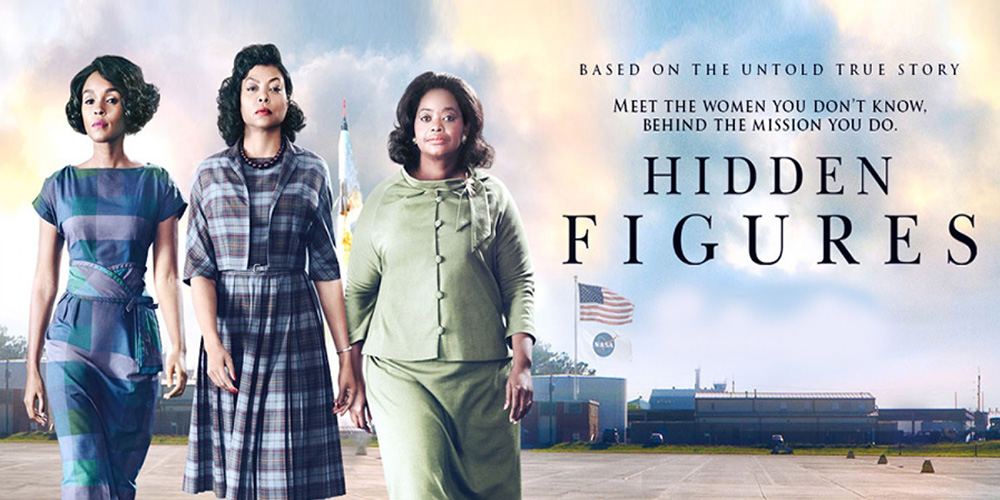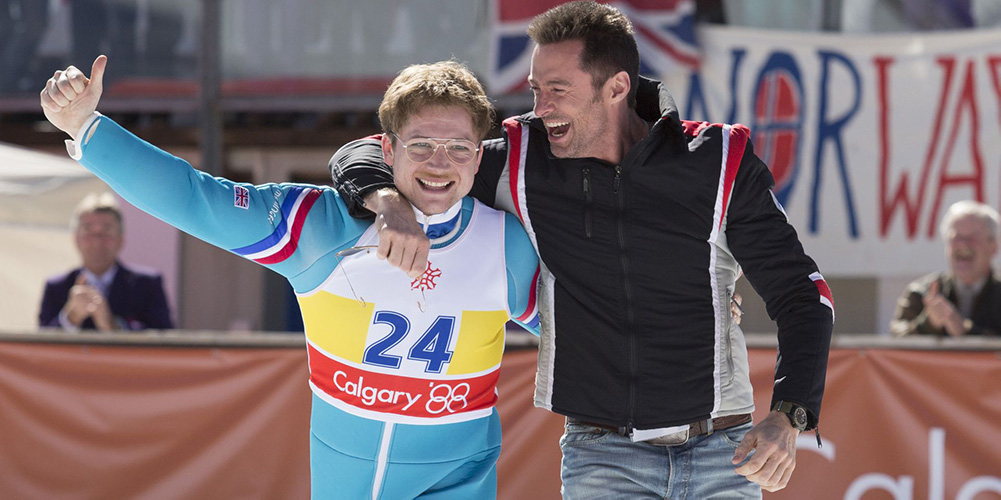Even great leaders have very human failings. In Darkest Hour, Gary Oldman’s Winston Churchill is irascible, insensitive and stubborn.
But cometh the hour, cometh the man. In the early months of World War Two, the British Army faced annihilation as it was driven back to the beaches of Dunkirk in France. England stood virtually defenceless against the advancing German armies. It’s hard to imagine anyone but Churchill – under intense pressure from colleagues to sue for peace with Hitler – standing against the tide and rallying his country to the cause.
When the odds are stacked against us, leadership is needed more than ever. So what factors led Churchill to succeed in such seemingly impossible circumstances?
Leading through principles
With France close to defeat and invasion seemingly imminent, the majority of Hitler’s war cabinet advocate peace talks. Many view the Prime Minister’s intransigence as he refuses to even consider negotiations as foolhardy, even suicidal.
But Churchill can’t abide the thought of negotiating for peace with a tyrant, whatever the cost. It’s abhorrent to his personal values. So he stands firm, as illustrated in the scene below.
There’s a lesson here for any leader: be clear on what values you stand for, and be prepared to fight for them when required.
Making tough decisions
Churchill doesn’t shy away from tough decisions, even when it means people’s lives are at stake. Here it means sacrificing an entire garrison at Calais to give the bulk of his army time to fall back on Dunkirk and have a chance of rescue.
Even his generals are reticent. They tell Churchill it would mean the sacrifice of 4000 men. “To save 300,000,” Churchill responds.
Determination and resolve
In Darkest Hour the situation rapidly goes from bleak to hopeless. At times, it seems there really is no viable solution.
In one scene, Churchill begs President Roosevelt for military support, and is left in complete despair by his response.
But he turns that despair into action: immediately calling up Admiral Ramsay and enlisting his support in a new plan: to use private fishing and pleasure boats to stage a mass evacuation from the beaches of Dunkirk.
Encouraging the heart
Few of us will carry the burden of leading a country in dark times. But leadership can be stressful whatever our role, and we all need someone we can turn to who will ‘encourage the heart’ and give us the strength to continue.
In Darkest Hour that person is the King, who visits Churchill in the scene below just as he is finally succumbing to the pressure. He encourages the Prime Minister to stick to his principles, to fight on, and shows faith in his ability to do so. He also encourages Churchill to listen to the people – to let them show him the way forward.
Listening to your people
Churchill takes the King’s advice by boarding an Underground train to Westminster. He chats to the people he finds there to gauge their mood and ask their views on the way forward.
In the process, he demonstrates simple but powerful leadership traits. He remembers people’s names, and uses them. He’s open and honest about the situation. And he actively elicits their views and asks them to help him, showing trust in their judgement.
Recruiting allies to your cause
With a critical address to Parliament approaching, Churchill rallies support in advance by holding an open session with MPs to get them on his side. He uses the ‘audience research’ he’s conducted on the Underground to show he’s in touch with the will of his people, and uses vivid imagery of a Britain under Nazi control to drum up a similar show of unity amongst the backbenchers.
Churchill’s ability to ‘mobilise the English language and send it into battle’, as Lord Halifax dryly remarks at the end of the film, is of course one of his most famous qualities – and one that we’ll look at in detail in a separate post.
